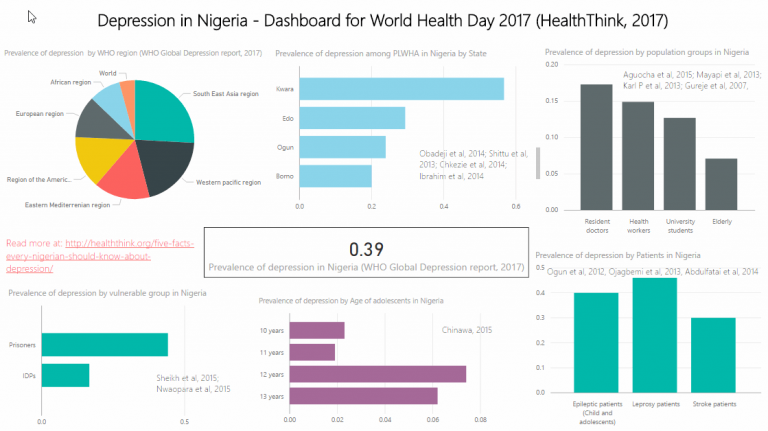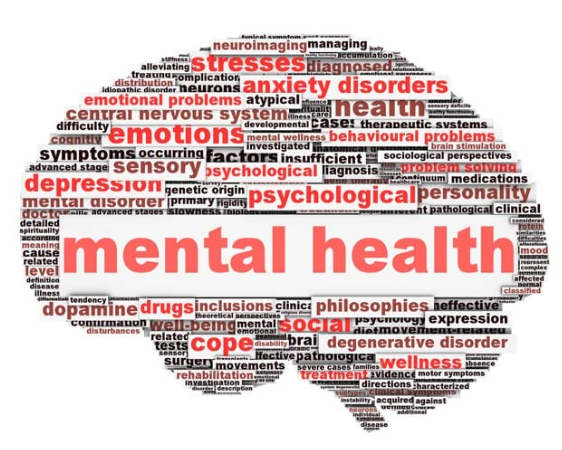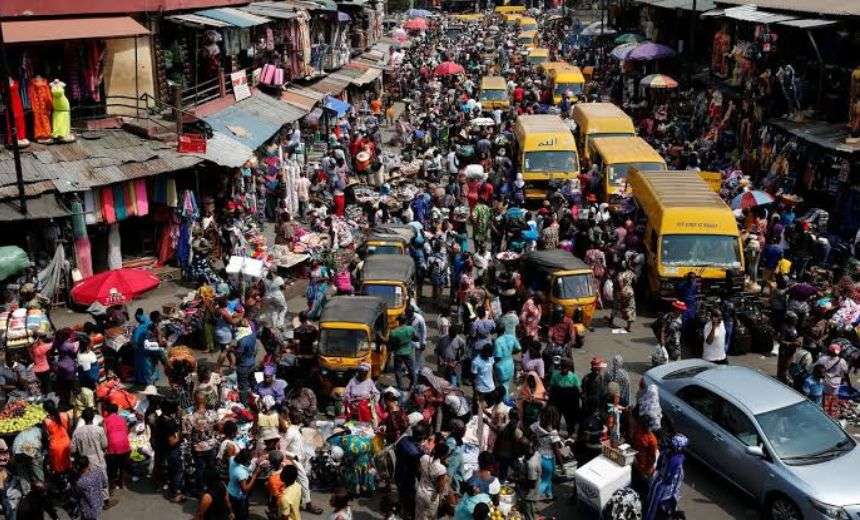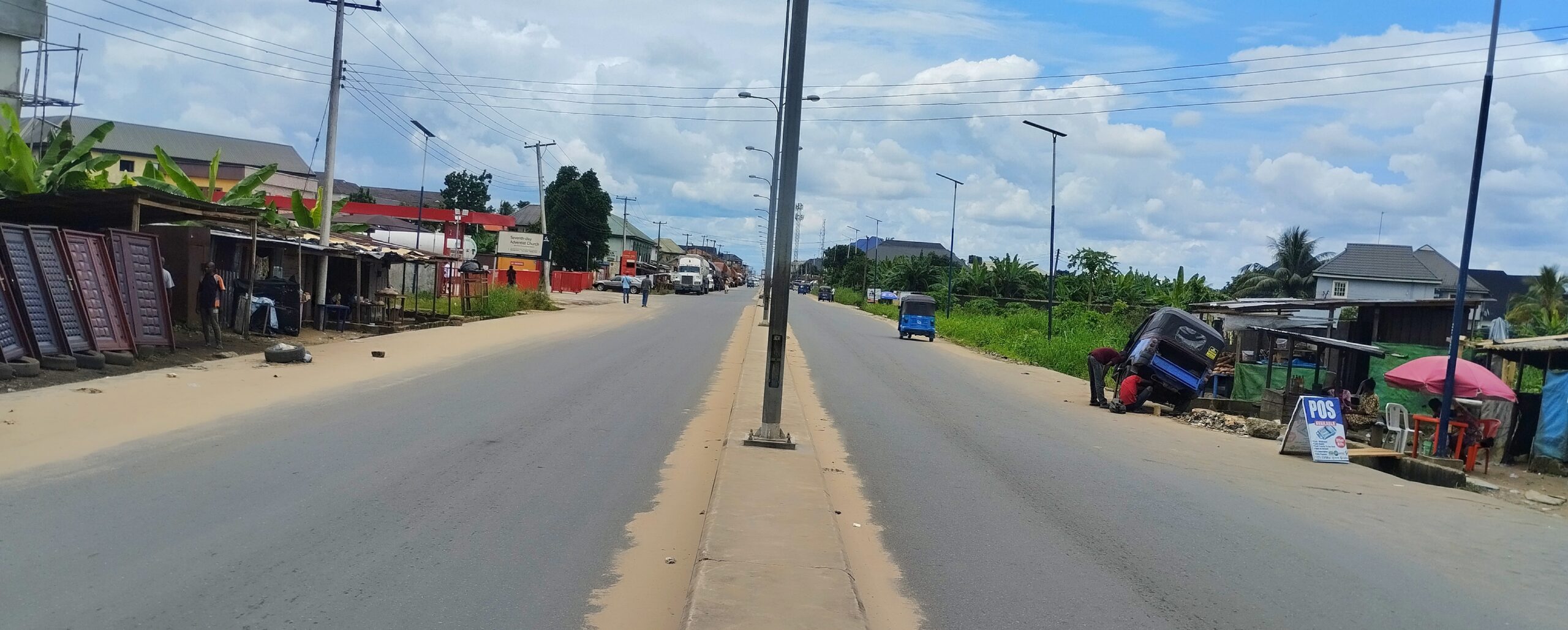By Helen Okechukwu, JKNewsMedia Reporter
NOT A few Nigerians are grappling with escalating economic challenges, affecting their livelihoods and consequently, their mental health.
Mustapha Musa, a National Youth Service Corps (NYSC) member in Omoku, confesses he faces an uphill battle.
His dream of becoming a photographer was dashed when his phone was stolen, forcing him to buy a low-quality device instead of the camera he desperately needed.
Narrating his ordeal to JKNewsMedia, Musa expressed his frustration, highlighting how the economy has derailed his ambitions.
He said it was actually high inflation and rising unemployment that prompted him to consider trading in vegetables from northern Nigeria.
However, that plan faded based on poor revenues whilst he also assisted his sibling who was in a struggling cosmetic business.
The pressures of survival then weigh heavily on Musa, who openly confessed that he recently overcame depression.
“I was lost in thought and isolated,” he recalled. Then, with a heavy heart, he explained, “Now, I just take life one day at a time.”
As this reporter finds out, Musa’s story is echoed by some other Nigerians she spoke with as they navigate Nigeria’s turbulent economic landscape.
The Struggles of Everyday Nigerians
Alex Henshaw, a Higher National Diploma (HND) and a single father of four, said he is also feeling the strain of Nigeria’s economic reforms.
Coming from a low-income family and losing his father at a young age, Henshaw saw himself through school which was why he could only stop at HND while hoping for a better future.
He said he had earned N450,000 a month at a high-paying oil company before losing his job four years ago.
So, with his N2 million savings, he relocated to Rivers State. But months afterwards, survival became even harder.
Currently working as a security guard in a modest company in Rivers State, he expressed disbelief at how far life has drifted him from his lofty dreams.
Given all these, he said he now struggles to provide for his family. “I can’t believe I’m even wearing this uniform,” he lamented.
Henshaw, while visibly conveying the mental toll the economic situation has taken on him as he shakes while talking said: “If you don’t use your head in Nigeria, you’ll go mad,” adding: “Can’t you see that I am reflecting the dire circumstances many others are facing?”
JKNewsMediaalso realized that Henshaw’s experience illustrates a common plight: the dream of upward mobility dashed by harsh fiscal realities.
Henshaw’s current take home of N30,000 monthly is insufficient as he laments that he fears he may never regain his former financial status.
Amid Nigeria’s Economic Strain, Mental Health Crisis Grows
A delve into the mental health situation in Nigeria reveals that it has become a growing concern, with rising economic hardship and instability exacerbating the situation.
According to the World Health Organization (WHO), around 20–30% of Nigerians suffer from mental health issues, but only a fraction receives the care they need due to limited mental health services.
The WHO says Nigeria’s total healthcare budget allocates less than 4% to mental health, leaving millions vulnerable.
Depression, anxiety, and substance abuse disorders are prevalent, yet stigma and poor access to treatment prevent many from seeking help.
Hence, the mental health crisis, particularly in rural areas, is further worsened by unemployment, poverty, and trauma from violent conflicts.
Also, a study by Nigeria’s Federal Neuropsychiatric Hospital (NFNH) reveals that more than 60 million Nigerians may be dealing with mental illnesses, but the country only has 250 psychiatrists, significantly below WHO’s recommendation of one psychiatrist per 10,000 people.
Back in 2020, Nigeria passed its first-ever Mental Health Act to replace outdated legislation, aiming to improve mental health care.
Despite this progress, the country faces significant challenges in expanding resources and reducing stigma.
Thus, the economic pressures, worsened by inflation and rising costs of living, continue to place a strain on people’s mental well-being, highlighting the need for more comprehensive mental health services across the nation.

Students Switched to Survival Mode
A 200-level student at the University of Port Harcourt (UNIPORT), Paul Ebenezer, is another casualty of the economic downturn.
He described how financial struggles have altered his eating habits, forcing him to cut back to one or two meals a day. “I have to save money for textbooks,” he explained.
Relying on side hustles and occasionally asking his roommate for help, he revealed the sacrifices students make amid rising costs.
“Transportation is more than what I spend on food,” he said, choosing often to walk to his classes rather than pay for a ride.
Few other students also lament how they are forced to adapt their lifestyles to survive financially, sacrificing basic needs in the process.
A Mother’s Pain and Plea
One market vendor in Eneka, Port Harcourt, Ijeoma Okeke, expressed her anguish over rising food prices.
“Everything is expensive, and we are suffering,” she pleaded.
Okeke explained that borrowing money has become a necessity to sustain her family.
The burden has become so great that one of her children had to drop out of school due to financial constraints.
“We can’t afford the fees,” she lamented.
Okeke then appeals to her state government for intervention underscoring the desperation many parents feel as they navigate these economic hardships.
The Heartbreaking Reality of Suicide
Tragically, the economic strain also led to devastating outcomes.
The story was told of one Amarachi Ugochukwu, a 35-year-old marketing officer in Lagos, who took her own life, leaving behind a note apologizing to her loved ones.
Her heartbreaking words highlighted the toll of unrelenting economic pressure.
Experts Weigh In
While Amarachi Ugochukwu’s story serves as a grim reminder of the urgent need for mental health support amid rising despair, a mental health expert, Jeph Oluwagbemiga, also a life coach emphasizes the deep connection between financial strain and mental health.
He notes that the stress from financial worries can lead to anxiety and depression. “If someone is struggling to pay rent, it affects their entire life,” Oluwagbemiga explained.
Oluwagbemiga noted that tough financial challenges can lead to mental health disorders by causing chronic stress and feelings of hopelessness, which over time may result in depression and other emotional struggles due to the constant pressure to meet financial obligations and uncertainty about the future.
He warned that the current economic downturn in Nigeria may have long-term effects, especially if it continues to deteriorate.
The most vulnerable populations—women and children—are particularly at risk.
Facts from NBS and World Bank
Amid Nigeria’s struggling economy unabating, the National Bureau of Statistics (NBS) reported that the inflation rate increased to 31.70% in February 2024 up from 29.90% in January.
This surge has contributed to a rise in unemployment, with the Labour Force Survey showing that the rate jumped to 5.0% in the third quarter of 2023, compared to 4.2% in the previous quarter.
This economic strain is largely attributed to inflation and the devaluation of the naira.
The World Bank has projected that Nigeria’s poverty rate will reach 38.9% in 2023, placing an estimated 87 million Nigerians below the poverty line, and making it the second-largest poor population globally, after India.
Alongside economic hardships, mental health issues are a growing concern, with approximately 1 in 5 Nigerians, out of the over 200 million population, facing mental health challenges such as depression and anxiety.

A Call for Change
Oluwagbemiga also urged Nigerians to reassess their spending habits and prioritize mental wellness.
“We need to change our values and stop competing with others,” he advised.
Furthermore, he called on the federal government to take decisive action to alleviate economic struggles, stating, “Economic recovery will improve mental health.”
The mental health expert notes that without addressing the root causes of economic distress, the cycle of hardship and mental health crises will likely persist.
“The stories of various Nigerians, if you hear so many underpins the urgent need for a holistic approach to these intertwined challenges,” Oluwagbemiga advised.
At JKNewsMedia, our dedication to delivering reliable news and insightful information to our cherished readers remains unwavering. Every day, we strive to provide you with top-notch content that informs and enlightens. By donating to JKNewsMedia, you directly contribute to our mission of delivering quality journalism that empowers and informs. Your support fuels our commitment to bringing you the latest updates and in-depth analysis. Let's continue to uphold the highest standards of journalism and serve our community with integrity and dedication. Thank you for being a part of the JKNewsMedia family and for your ongoing support.





